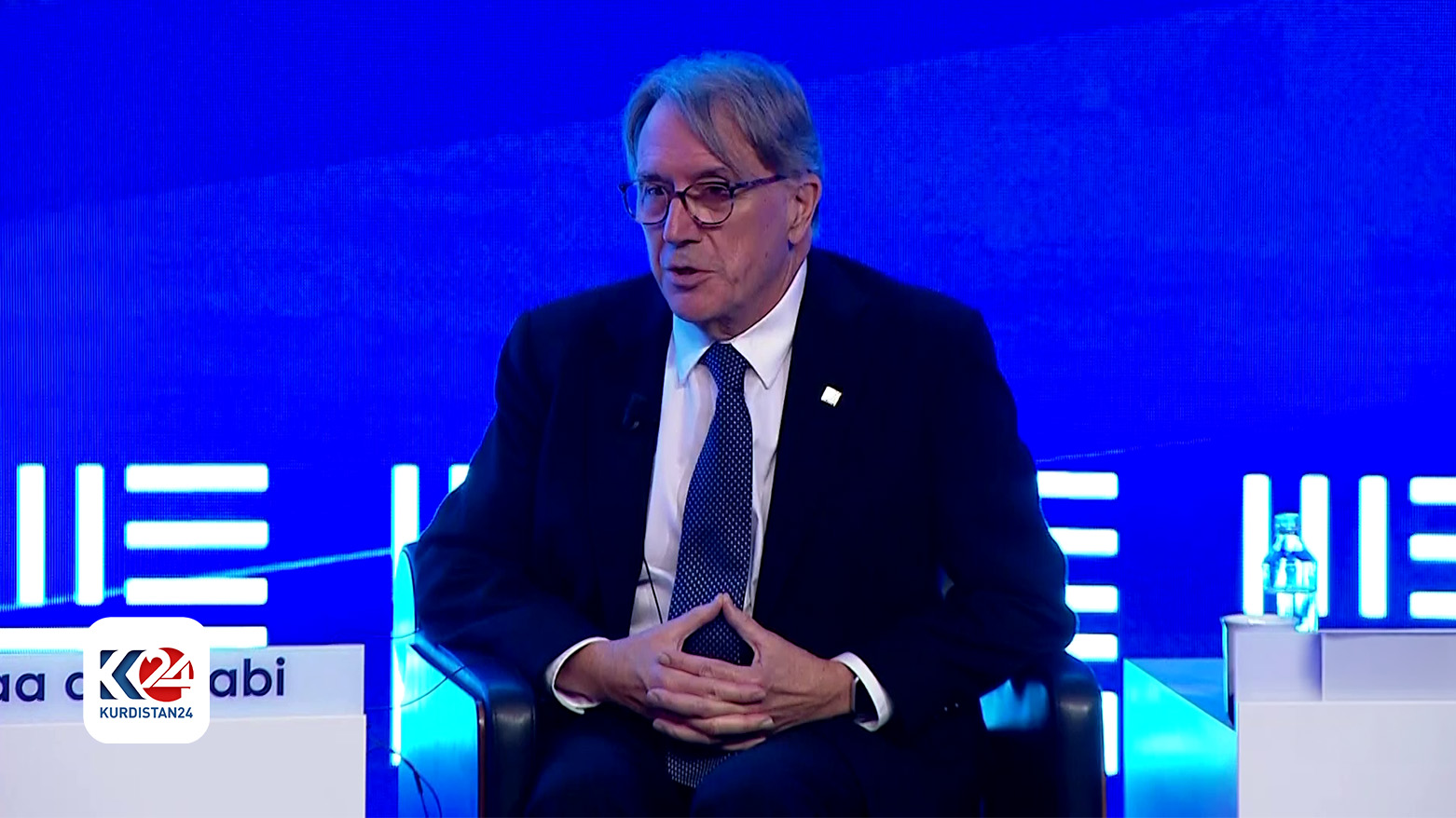Amb. Galbraith advocates for urgent action on Yezidi reunification, children in ISIS camps at MEPS24
Galbraith criticized the international community's reluctance to repatriate its citizens, highlighting that after six years, few countries have acted meaningfully.

Nov. 23, 2024
ERBIL (Kurdistan24) – Former US diplomat Amb. Peter W. Galbraith delivered an impassioned address on the second day of the Middle East Peace and Security Forum (MEPS24), highlighting the humanitarian and security crises stemming from the displacement of Yezidi mothers and children and the conditions in detention camps housing ISIS affiliates in northeast Syria.
Acknowledging the support of key Kurdish leaders, Galbraith expressed gratitude for the humanitarian efforts of Prime Minister Masrour Barzani, Minister Rebar Ahmed, and prominent figures such as Hoshyar Zebari and Fuad Hussein.
He credited their assistance for enabling the reunification of 20 Yezidi mothers with nearly 30 children.
“These women and children deserve to return to their community,” Galbraith stated. “It’s not their fault they were kidnapped, raped, or had children. The Yezidi community, for whom I have immense respect, must rethink this issue. These children are innocent and should not bear the burden of stigma.”
Children in ISIS Camps: A Growing Crisis
Turning to the broader crisis in northeast Syria, Galbraith underscored the plight of approximately 70,000 individuals detained in Al-Hol and Roj camps. While most detainees are Iraqi or Syrian, about 10,000 foreign nationals—including 4,000 adults and 7,000 children—remain trapped in dire conditions.
“These camps are prisons in all but name,” Galbraith said, describing the unsanitary conditions, lack of education, and minimal healthcare.
“Many of the women in these camps still adhere to ISIS’s hateful ideology, raising their children in an environment of extremism. This is not just a humanitarian issue—it’s a security threat. These children are the next generation of ISIS fighters if we fail to act,” he added.
Galbraith criticized the international community’s reluctance to repatriate its citizens, noting that after six years, few countries have taken meaningful action.
“We cannot continue to hope for solutions that aren’t coming,” he urged, advocating for alternative approaches to safeguard the children.
Proposed Solutions
Galbraith outlined three potential solutions:
1. Establishing a foster care system in northeast Syria or Iraq, supported by international subsidies.
2. Creating “children’s villages” modeled on post-World War II programs in Austria and Germany for unaccompanied minors.
3. Separating children from their mothers in detention camps to encourage countries to repatriate them.
“Separating children from their mothers may sound harsh, but what is the alternative?” he asked. “At 13 or 14, boys are removed from these camps and sent to rehabilitation centers for four years, only to end up in adult prisons alongside hardened ISIS fighters. This cycle perpetuates extremism.”
Political Obstacles and International Inaction
Galbraith also highlighted challenges in working with the Syrian Democratic Forces (SDF), noting their cooperation on reuniting Yezidi children with their families but accusing them of using detained children as political leverage.
He called on the international community to prioritize justice and accountability. “What ISIS did—crimes against humanity—can and should be prosecuted under local laws in Iraq and Syria. A two-tier system of justice, where Westerners are repatriated and face mild consequences, undermines the rule of law.”
Concluding his address, Galbraith urged nations to act decisively, both for humanitarian reasons and to prevent the resurgence of ISIS. “This is a low-cost solution with high returns. It’s time to stop debating and start saving lives.”